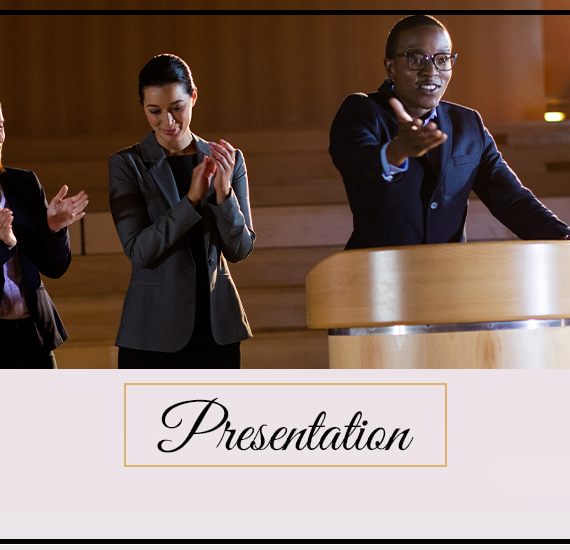9 Lies Average Public Speakers Tell Themselves, and How to Overcome Them

Public speaking is one of the extremely powerful tools for influence, communication, and leadership. Yet, many people struggle to master this skill and fall into the trap of believing common myths about their ability to speak well. Let’s find out the 9 lies that average public speakers tell themselves and how to overcome them to become a truly great speaker.
Lie #1: “I Am Not That Bad as a Speaker”
The first lie many average public speakers tell themselves is that they are not that bad. However, this kind of self-assessment can be misleading, as it fails to recognise the areas where improvement is needed. Instead of settling for mediocrity, strive to identify your weak spots and work on them systematically.
Lie #2: “I Can Never Be a World-Class Speaker”
Another common lie that people tell themselves is that they can never be a world-class speaker and will remain average public speakers. While it’s true that only a few people reach the pinnacle of public speaking, it doesn’t mean you can’t improve significantly. On the contrary, by setting realistic goals, seeking out expert feedback, and actively working on your skills, you can become an exceptional speaker in your own right.
Lie #3: “I Need to Practice More and More”
Practice is essential for improving your public speaking, but quantity alone won’t necessarily translate into quality. Instead of mindlessly repeating the same speech over and over again, focus on specific elements that need improvement. Use deliberate practice techniques, such as recording yourself, seeking feedback, and analysing your delivery to make targeted improvements.
Lie #4: “I Am Not a Great Speaker Because of My Background”
Your background and experiences may have influenced your communication style, but they don’t have to define it. Instead of using your upbringing or culture as an excuse, embrace these differences as a source of richness and diversity. By becoming aware of your biases and limitations, you can broaden your perspective and connect with people from different backgrounds more effectively.
Lie #5: “I Can Become an Effective Speaker Just by Watching Random YouTube Videos”
No doubt, there is a wealth of information which is available online. However, watching random videos won’t necessarily make you a better speaker. Instead of relying on unfiltered content, seek out targeted resources that address your specific needs. In addition, look for reputable sources, such as professional speakers, coaches, or training programs that offer structured guidance and feedback.
Lie #6: “I Know a Lot, It Doesn’t Matter Whether I Can Speak Well or Not”
Having expertise is undoubtedly an advantage, but it won’t automatically make you a compelling speaker. Communication skills are a separate and essential component of success in any profession. To truly stand out as a speaker, you need to be able to convey your ideas clearly, engage your audience, and inspire action.
Lie #7: “Everyone in Office Thinks I am a Good Speaker, so I Must be a Great Speaker”
Getting positive feedback from your colleagues is certainly encouraging, but it’s not enough to gauge your actual speaking abilities. Ideally, you want to get feedback from a variety of sources, including strangers, peers, and experts. Be open to genuine and constructive criticism and use it as a tool for improvement rather than as a personal attack.
Lie #8: “I Don’t Need a Public Speaking Mentor”
No matter how skilled you become, there is always room for growth, and the guidance of an experienced mentor can be invaluable. A mentor can offer personalised feedback, encouragement, and advice that can help you overcome your weaknesses and achieve your goals faster. Look for someone who has achieved what you aspire to do and who is willing to share their knowledge and expertise.
Lie #9: “Next Year”
Procrastination is a formidable adversary to progress, and it can be especially crippling for aspiring speakers. The temptation to put off our goals until some vague future date is alluring, but it can quickly become a self-perpetuating cycle that stunts our growth. However, time flies faster than we realise; before we know it, another year has passed without achieving what you planned for your future.
Take action now. Don’t wait for the perfect moment because it may never come. Instead, start small, but start today. Every time you overcome the “next year” trap, you build resilience, confidence, and momentum towards your speaking goals. Remember, the only way to improve your public speaking is to speak more, not less. So don’t wait until next year. Start today, and watch your skills soar!










Comments are closed.